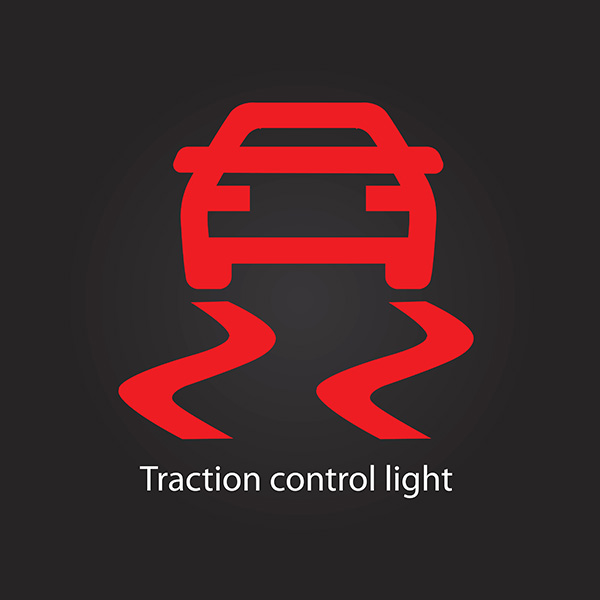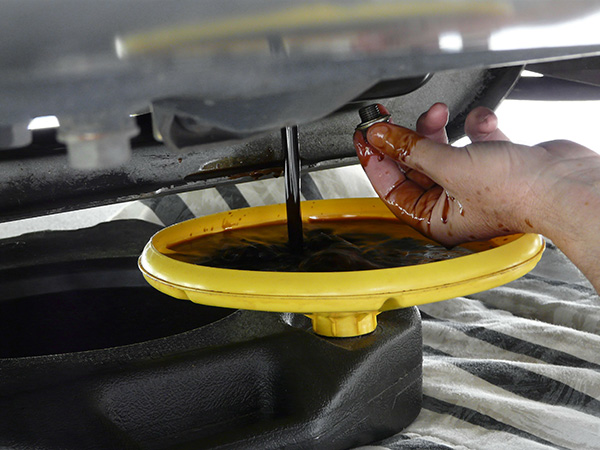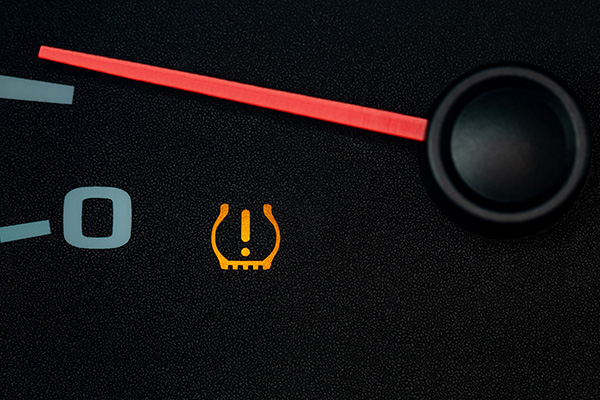Posted on 9/26/2025

Seeing the traction control light pop up on your dashboard can be confusing, especially if your vehicle seems to be driving normally. While this warning doesn’t always mean there’s an immediate danger, it’s still important to understand why the light comes on and what steps you should take to keep your car safe and reliable. What the Traction Control System Does Your car’s traction control system is designed to help maintain grip between the tires and the road. It works by monitoring wheel speed and automatically adjusting power when it detects a wheel losing traction. In slippery conditions like rain, snow, or ice, this feature prevents the tires from spinning excessively and helps you maintain control. When the traction control light turns on, it usually means one of two things: the system is actively working, or there’s a fault preventing it from doing its job. Normal Operation and Warning Signs It’s normal f ... read more
Posted on 8/29/2025

An oil change might seem like a simple service, but it is extremely important for keeping your engine healthy. While it’s easy to put off, delaying your next oil change can set the stage for bigger, more expensive problems down the road. Oil isn’t just a lubricant—it also cools engine components, prevents corrosion, and removes sludge and contaminants. If you're overdue for an oil change, here are six important reasons to make it a priority. 1. Old Oil Can’t Protect Your Engine Properly Motor oil has a shelf life. Over time, it breaks down under heat and pressure, losing the ability to lubricate moving parts effectively. When this happens, metal components inside your engine start to rub against each other without enough protection. That leads to increased friction, heat buildup, and premature wear. Fresh oil keeps everything running smoothly and reduces stress on your engine. Ignoring routine changes allows wear and tear to speed up, sh ... read more
Posted on 7/25/2025

Discovering a punctured tire can ruin your day and leave you wondering if it’s safe to repair it or if you’ll need to invest in a new one. The good news is that many punctured tires can be repaired, but there are important factors to consider before making that decision. Understanding when a tire is repairable and when it’s safer to replace it will help keep you safe on the road and protect your wallet. When Can a Tire Be Repaired A tire can often be repaired if the puncture is small and located in the tread area, which is the center part of the tire that contacts the road. This area is thickest and designed to handle repairs safely. Generally, punctures up to 1/4 inch in diameter (about 6 mm) can be patched or plugged without compromising the tire’s integrity. Professional repairs involve removing the tire from the wheel to check for internal damage and properly sealing the puncture from the inside. This is far safer and more effective than ... read more
Posted on 6/27/2025

Seeing your tire pressure warning light come on is frustrating, especially after you’ve already topped off the tires. You expect the warning to disappear, but it stays on, leaving you wondering whether it’s safe to keep driving or if something else is going on. This is a common issue drivers face, and there are several reasons your tire pressure monitoring system (TPMS) may still be alerting you after you’ve added air. Understanding how the system works and what causes it to stay lit will help you fix the problem and avoid unnecessary stress. How the Tire Pressure Monitoring System Works The TPMS is designed to alert you when one or more of your tires are underinflated. It relies on sensors inside the tire or on the valve stem that monitor the air pressure and send data to your car’s onboard computer. When pressure drops below a safe threshold, usually 25% below the manufacturer’s recommendation, the light on your dashboard comes on. T ... read more
Posted on 5/30/2025

Planning a beach getaway? Whether you’re headed to Ocean City, the Delaware shoreline, or a quiet weekend spot by the bay, the last thing you want is a car problem to cut your trip short. Prepping your vehicle before you hit the road can save you time, stress, and even the cost of emergency repairs when you’re miles away from home. A simple pre-trip inspection helps make sure everything’s ready—from tires and brakes to fluids and battery health—so you can enjoy the drive just as much as the destination. Start with the Tires Tires are easy to overlook, but they’re critical to safe travel—especially if you’ll be driving long distances or carrying a full load of passengers and beach gear. Check the tire pressure first. It should match the recommended levels printed on the sticker inside the driver’s doorframe. Proper inflation improves fuel economy and helps prevent blowouts. While you’re at it, inspect the t ... read more